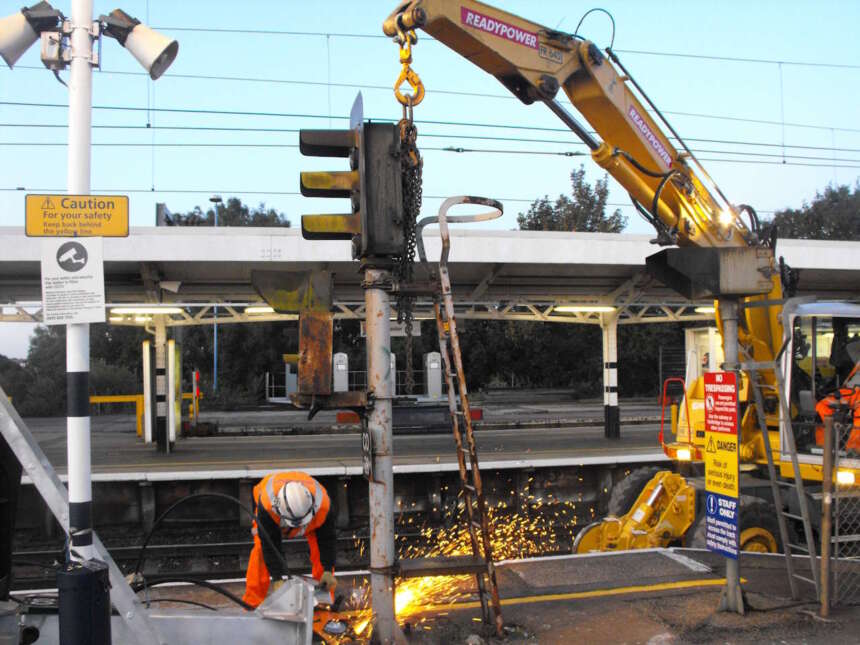Network Rail has announced a 10-year £4bn signalling plan that will see better reliability using a mix of traditional signalling and digital control.
Running until 2034, the framework is split into £3bn for digital signalling and £1bn for traditional signalling.
For conventional signalling, Alstom, AtkinsRealis, Hitachi and Siemens have all been awarded contracts, whilst for digital signalling, the contracts have gone to Alstom, AtkinsRealis and CAF, Siemens and Thales and VolkerRail.
The new Train Control Systems Framework will replace the previous signalling framework.
The work will be carried out across the network, including
- Midlands Rail Hub
- Digital Signalling for the TransPennine Route Upgrade
- Digital Signalling for the TriLink Programme
“Our new train control systems framework brings a positive change in approach to how we work with suppliers for the provision of signalling services. We will all be working much more collaboratively with each other and our relationships will feel like partnerships.
“Through the framework, we have grown the size of the UK signalling market with the introduction of two new suppliers. These bring increased diversity and capability, leading to better market performance. We've also brought improved visibility of our workbank for our partners which will enable them to invest in skills and innovation which will benefit the rail industry.
“We have set ourselves up well to deliver improved performance for passengers and freight customers, and improved value for taxpayers.”
Clive Berrington, Network Rail's Group Commercial & Procurement director

It will be interesting to see how long this takes to filter down through a supply chain.
And also how those signalling suppliers deal with resourcing the projects.
The challenge lies in the fact that the whole signalling engineering pool of expertise has been drastically reduced due to lack of long term commitment over the last five to ten years and these large, (some newly established) suppliers simply do not currently have the levels of engineering expertise to deliver the works required.
The answer probably lies in a lot of serious investment in recruitment, training and development.
However suppliers can only commit to such a strategy if the cash flow allows it!